Kids who aren’t afraid of failing take the risks that change the world.
Why? Because optimism and failure are the necessary and inextricable foundation upon which creative confidence flourishes. You have to believe in a better world—desperately and urgently—to take the risks and embrace the failures inherent in working towards this ideal.
At our school, we engender optimism. Our program enables students to experience the best version of our society. We are a community of learners that celebrates each others’ successes as our own. Our students perceive the world as supportive and encouraging. They perceive learning—whether in or out of the classroom—as joyful and relevant. Many have asked me if we’re sheltering our students; they ask if this reassuring, constructive environment reflects the “real world”. My answer? It reflects what the world could be, especially if our students come to expect it. And that is what the High Holidays are all about.
Consider, for a moment, the order of the fall holidays. In the month leading up to Rosh Hashanah we practice teshuvah, the hard work of returning to our true selves, to the selves we want to be. It’s self-reflection followed by celebration.
But why do we experience the joy of Rosh Hashanah before the exertion of Yom Kippur? It might seem odd that after the festivity of our New Year—so full of hope and possibility—we plunge into the intensity of Yom Kippur. But we have to experience the potential and promise of the New Year in order to be ready for Yom Kippur, when the process of teshuvah culminates, and we access the depths of our soul and become ready to once again face uncertainty.
The same is true for education: self-reflection is followed by optimism; optimism equips children with the permission to fail; failing leads to self-reflection. The cycle continues and creative confidence is built. Students must be raised in an environment that reflects the world as it could be in order feel compelled and courageous enough to problem solve the ways the world falls short of this ideal. Each student needs to know that four wrong solutions to a challenge only means that she is closer to the innovation that could produce radical change.
Skeptical about the radical change part? Try to suspend your disbelief. You see, what we teach students actually goes one step beyond creative confidence. It goes beyond the students’ belief in their ability to create and their conviction to persevere. Yes, it is urgent optimism, yes it is relentless risk-taking, but it is also—most importantly—the unshakable belief that they have a unique and irreplaceable role to play in tikkun olam, in mending or perfecting our world. Self-reflection is followed by optimism; optimism equips children with the permission to fail; failing leads to self-reflection; creative confidence is built and each time the world is a bit better for it.
May it be a year in which each of our children comes to understand their infinite value and unique capacity. May we work together to develop students’ minds, hearts, and spirits so that they can—now and in the future—determine and actuate their particular, meaningful contributions to the narrative of the Jewish people and all humanity.
Shanah Tovah.
Sarah Shulkind, Ed.D.
Head of School, Sinai Akiba Academy






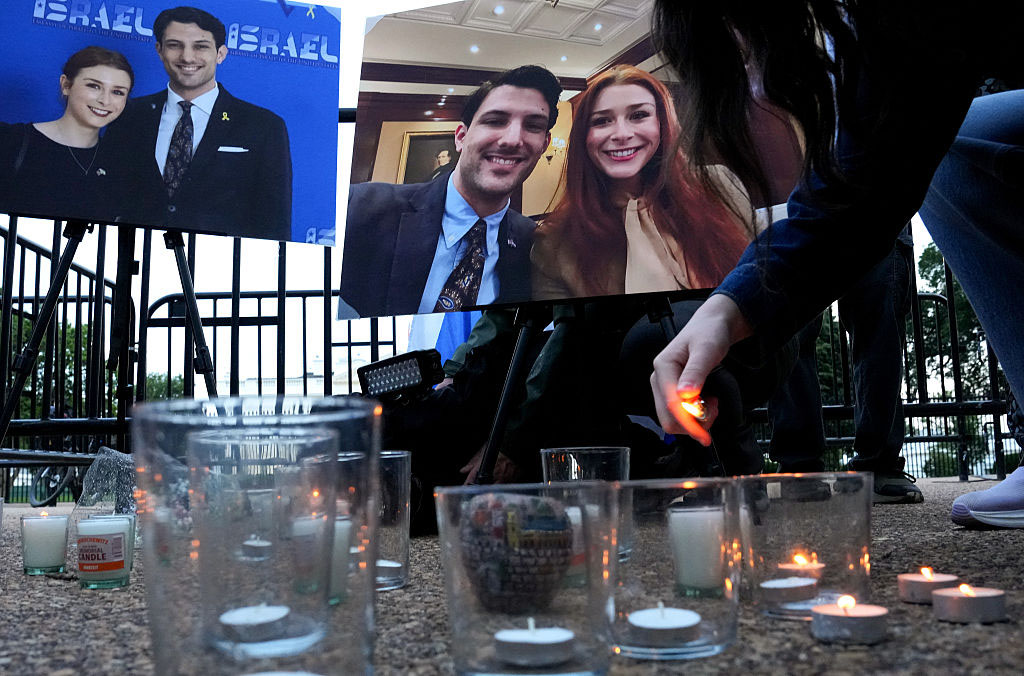
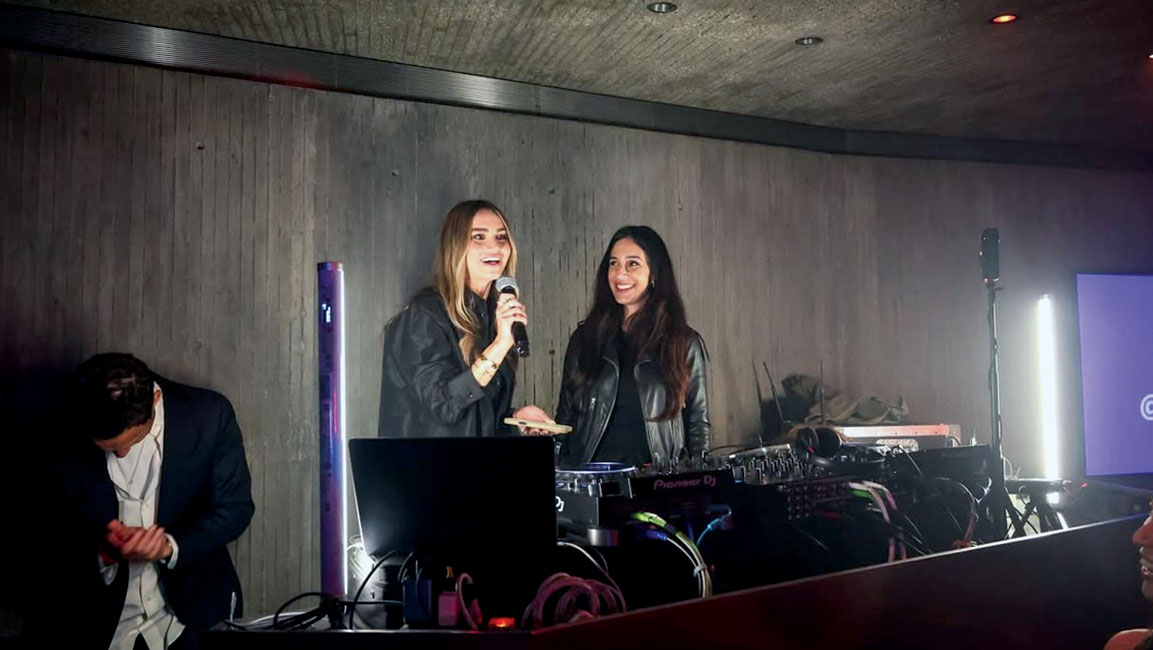
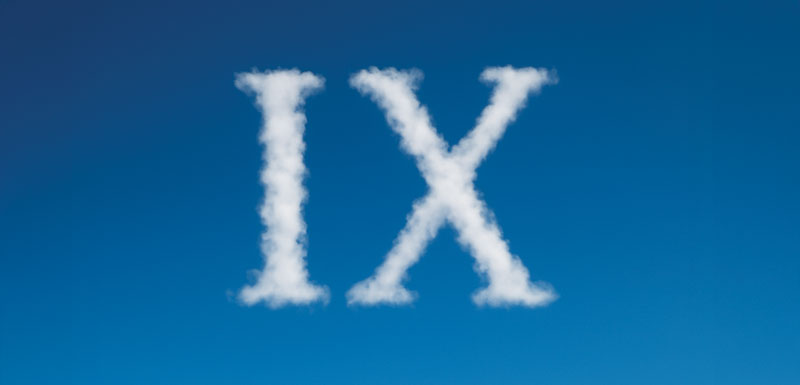


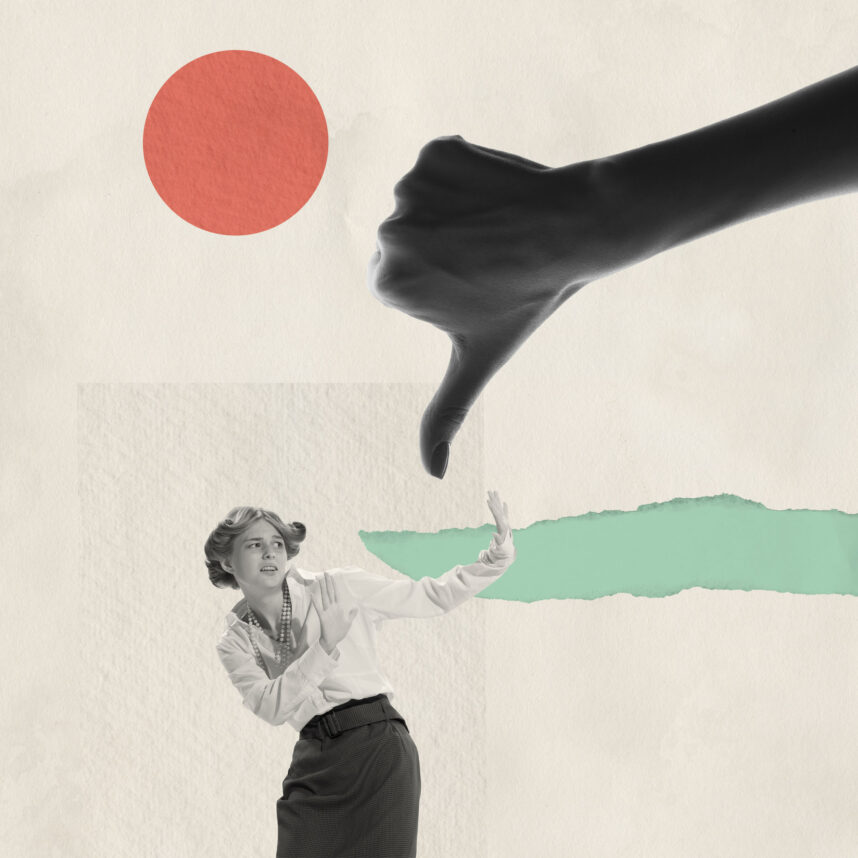
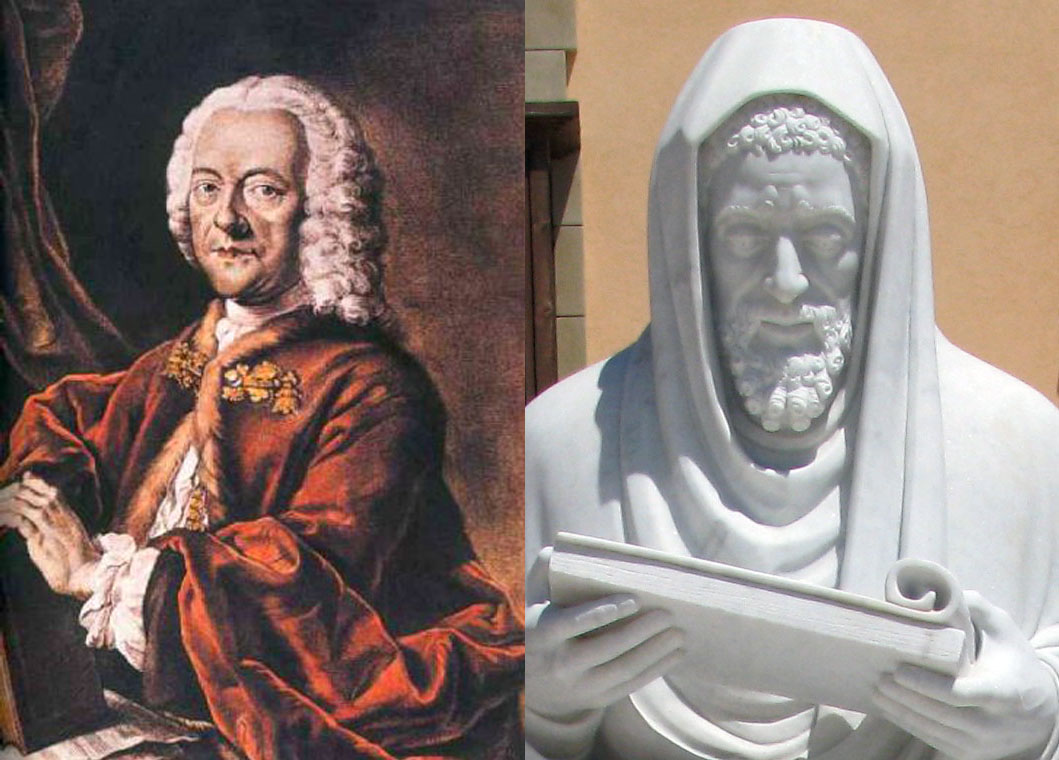
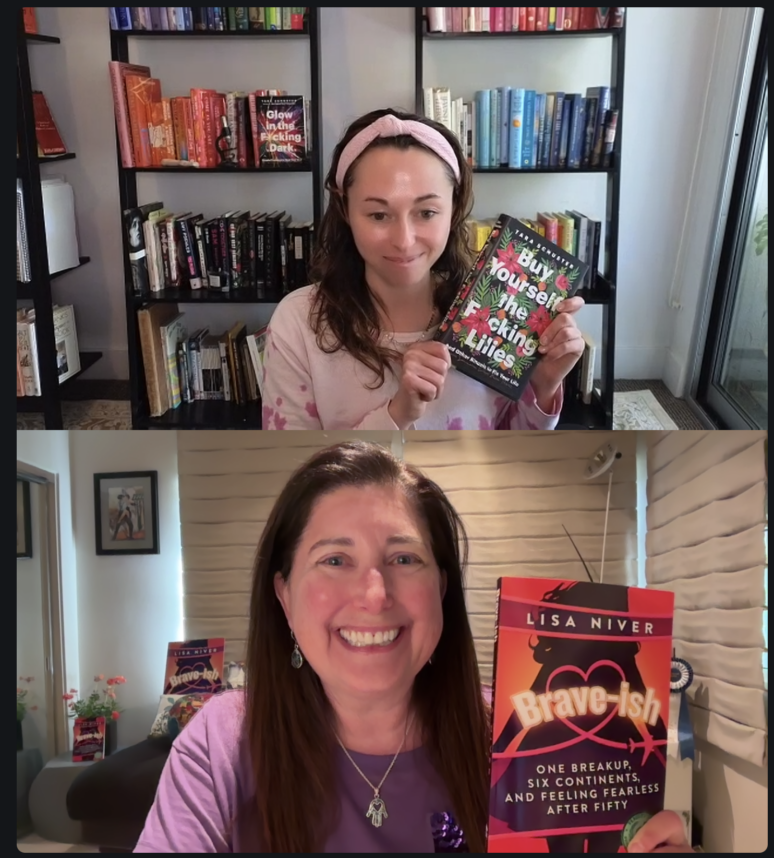
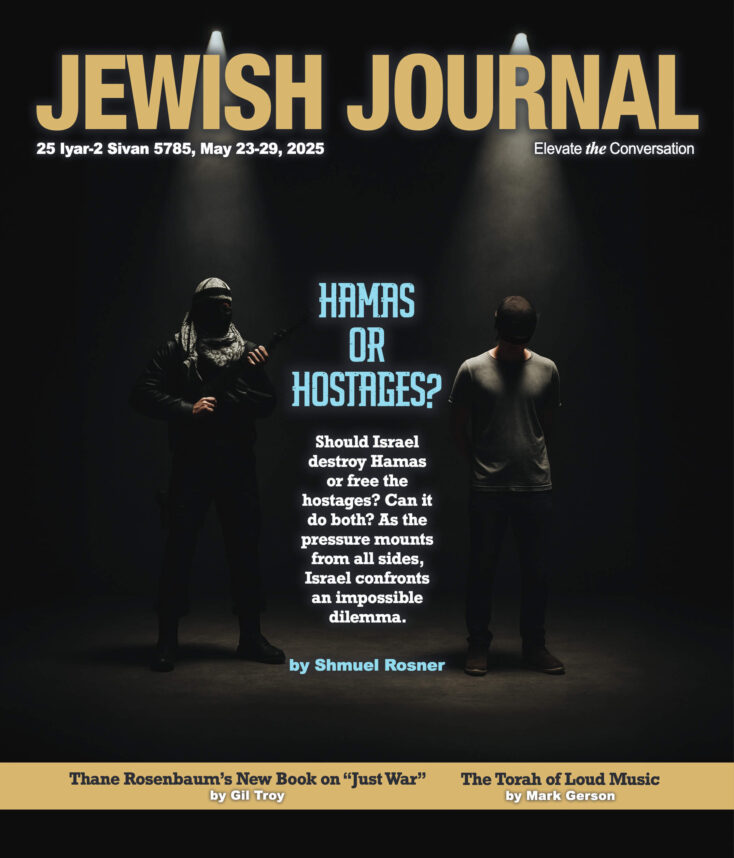
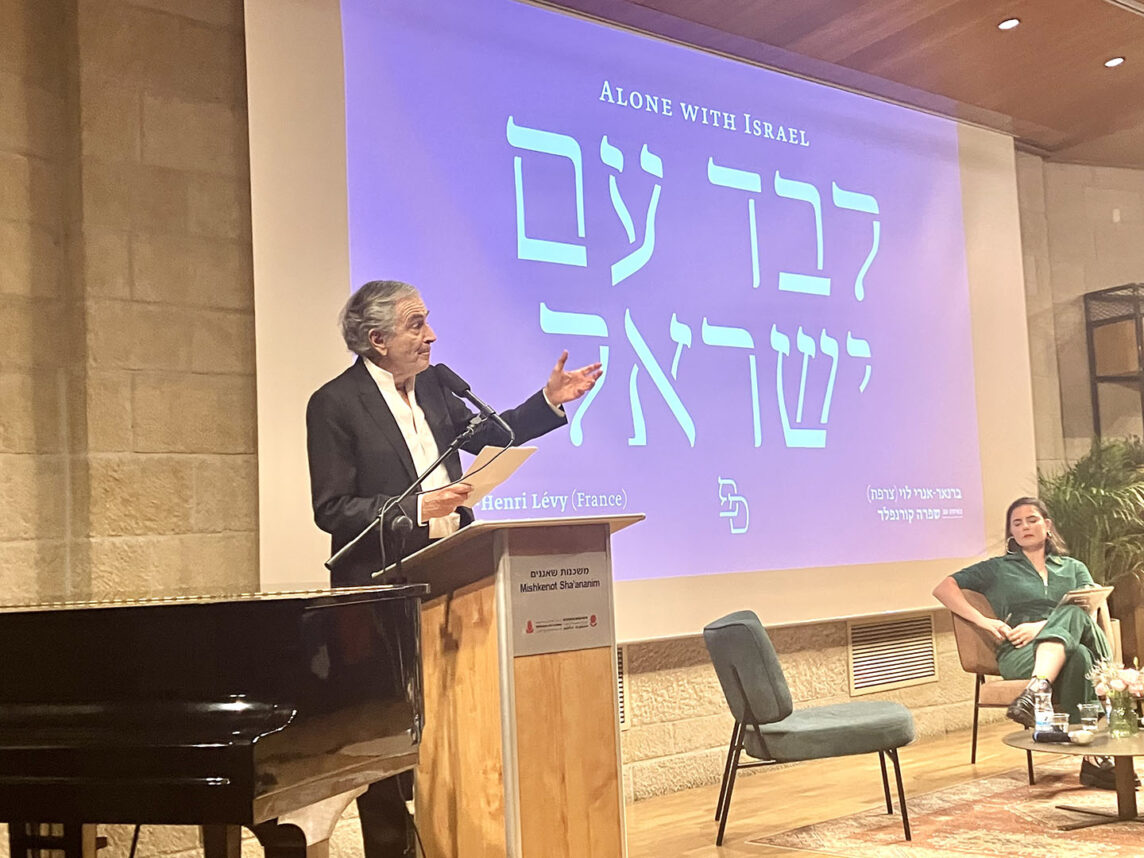
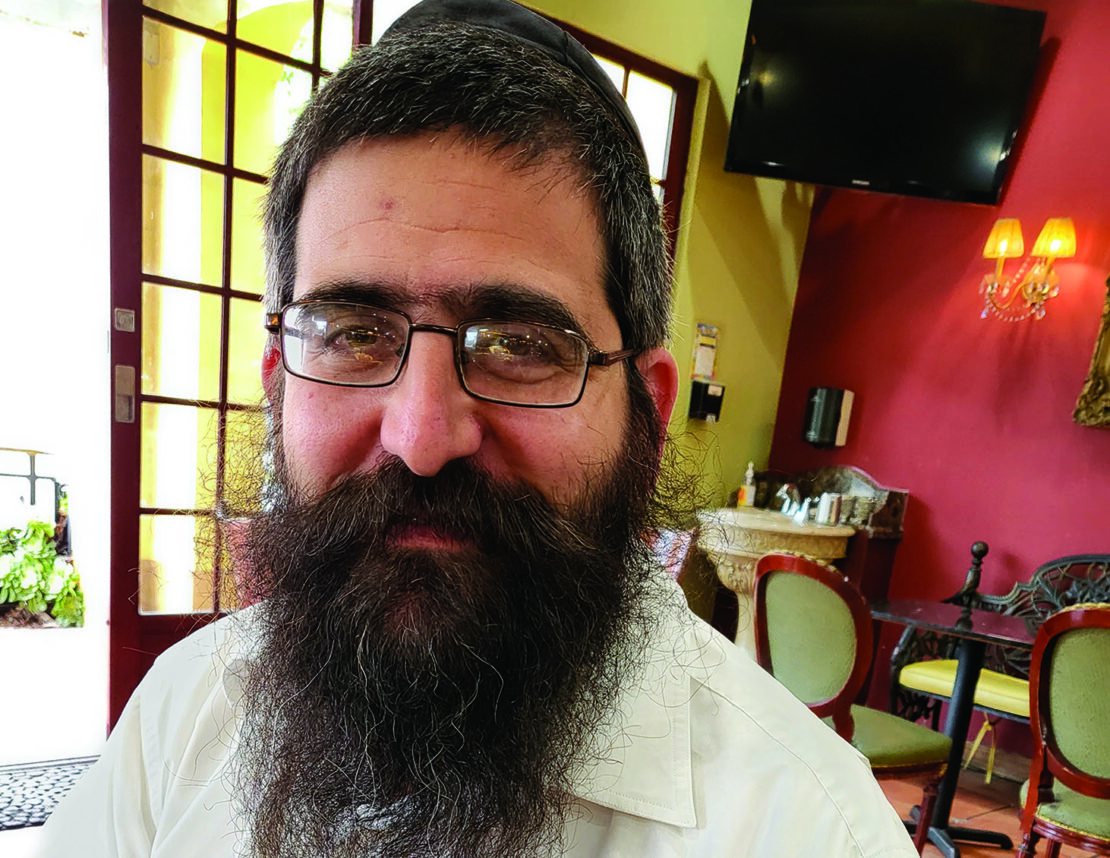



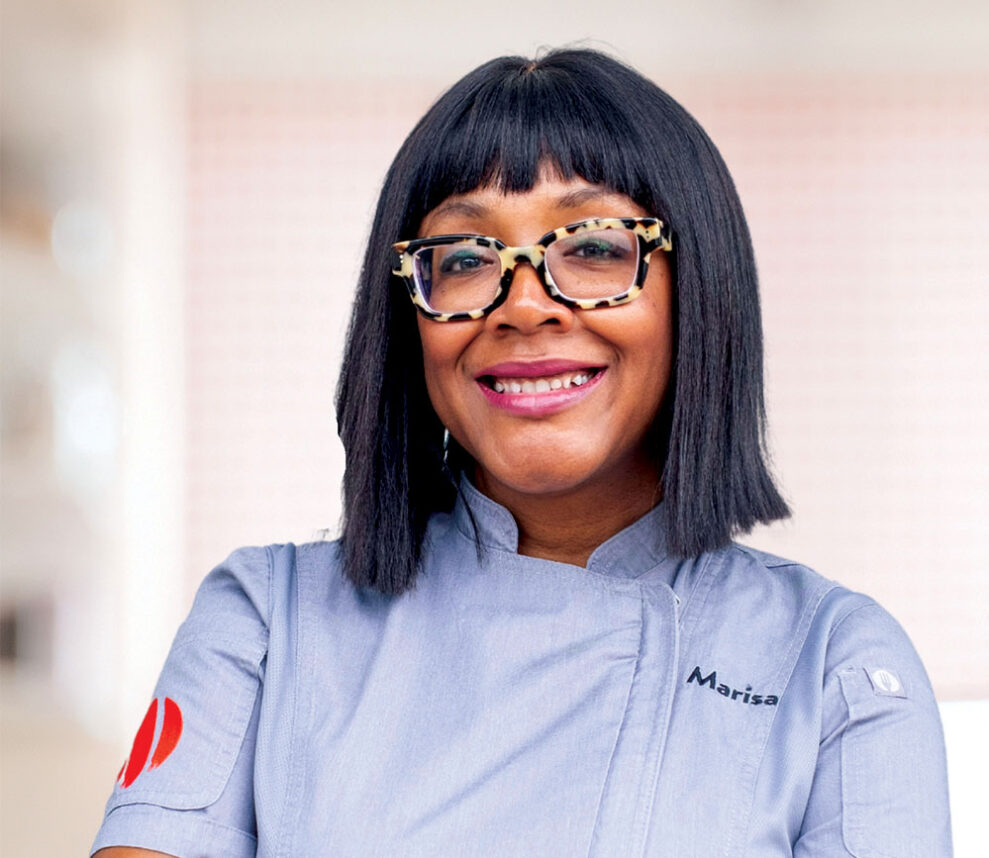

 More news and opinions than at a Shabbat dinner, right in your inbox.
More news and opinions than at a Shabbat dinner, right in your inbox.